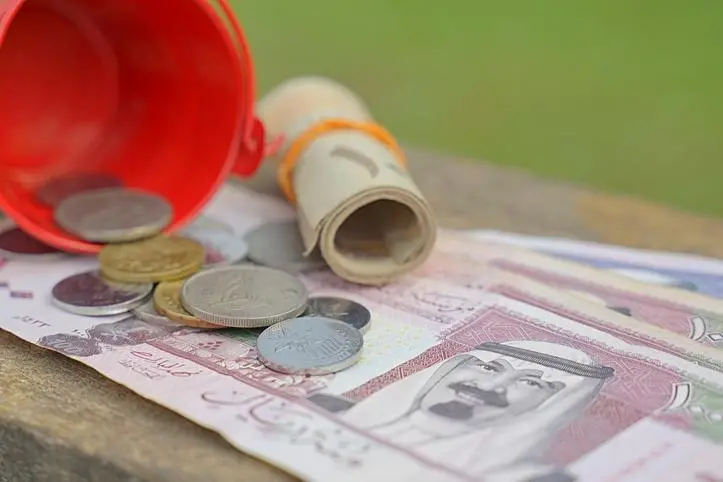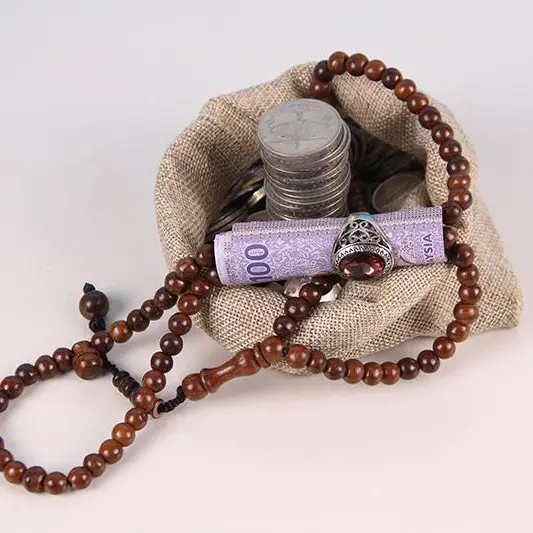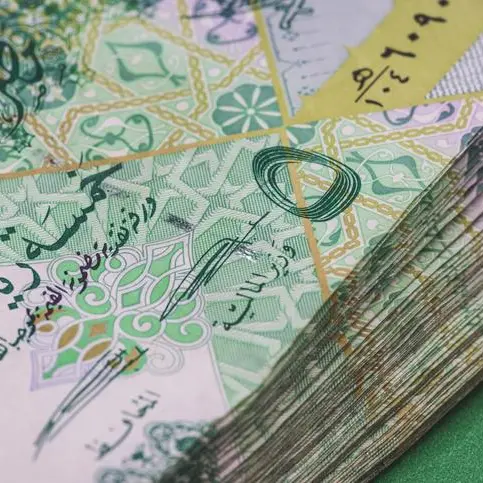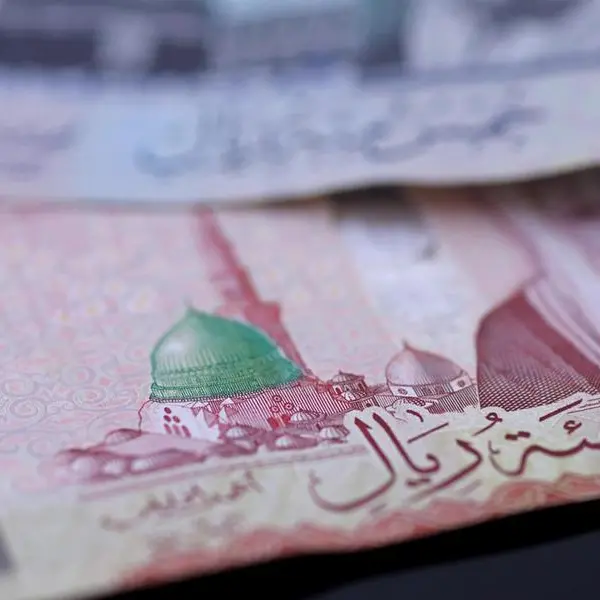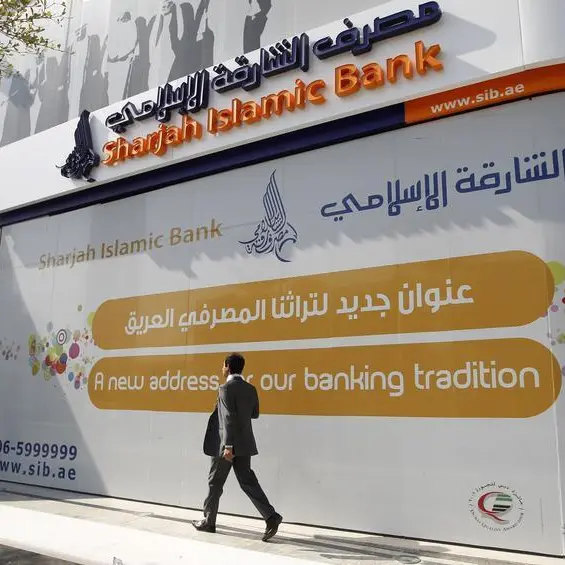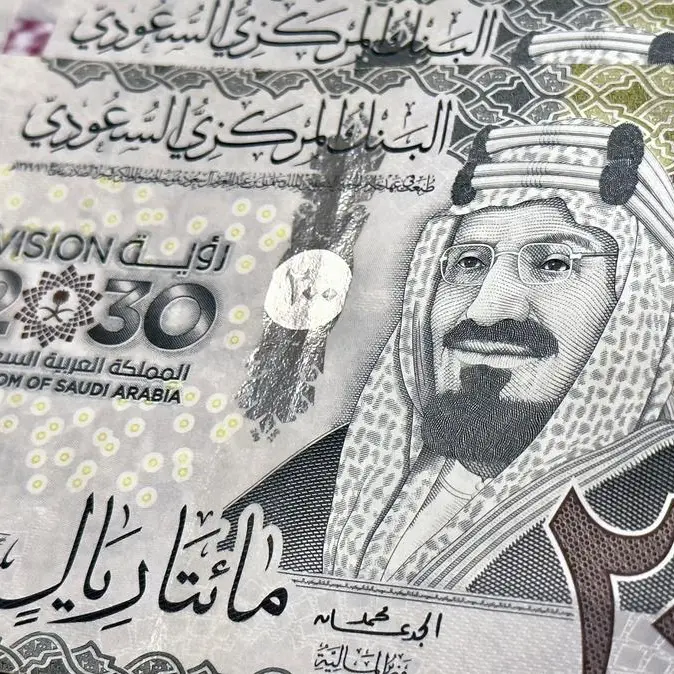PHOTO
The GCC countries, led by Saudi Arabia, will remain supportive of the growth in the Islamic finance industry in the next 12-24 months, according to S&P Global Ratings.
The growth in the kingdom will be partly driven by the implementation of Vision 2030, which will likely create additional growth opportunities for the Saudi banking system and the sukuk market.
“While we generally believe that sukuk issuance volumes have reduced in 2023, new issuance will exceed maturing sukuk, resulting in another positive contribution to industry growth this year,” the ratings agency said in a report titled “Islamic finance’s role in the climate transition”.
Islamic finance assets reached almost $3 trillion in 2022, with the industry slated to expand 10% in 2023-2024.
Saudi Arabia and the UAE are the top issuing countries for sustainable sukuk, contributing more than 70% of the issuance in the first nine months of 2023.
“We expect to see more issuance from these two countries because of the implementation of Saudi Vision 2030 and, more generally, GCC governments’ commitments to diversify and enhance the sustainability of
their economies will create opportunities to tap the sustainable bond and sukuk markets.”
According to S&P, 35% of sustainable issuance as of September 30, 2023, was in the form of sukuk, suggesting that Islamic finance will play an important role despite the overall small size of the industry.
S&P expects global harmonisation of Islamic finance principles to smoothen the process for issuing sustainable sukuk to fund climate change mitigation measures in core markets.
Moreover, the harmonisation could make the issuance of sustainable sukuk more straightforward and available as a potential financing option for investors less familiar with Islamic finance.
Robust oversight of the final use of proceeds raised from sustainable sukuk is likely to strengthen the integrity of this small but expanding market, the report added.
(Editing by Seban Scaria sebans.scaria@lseg.com )
